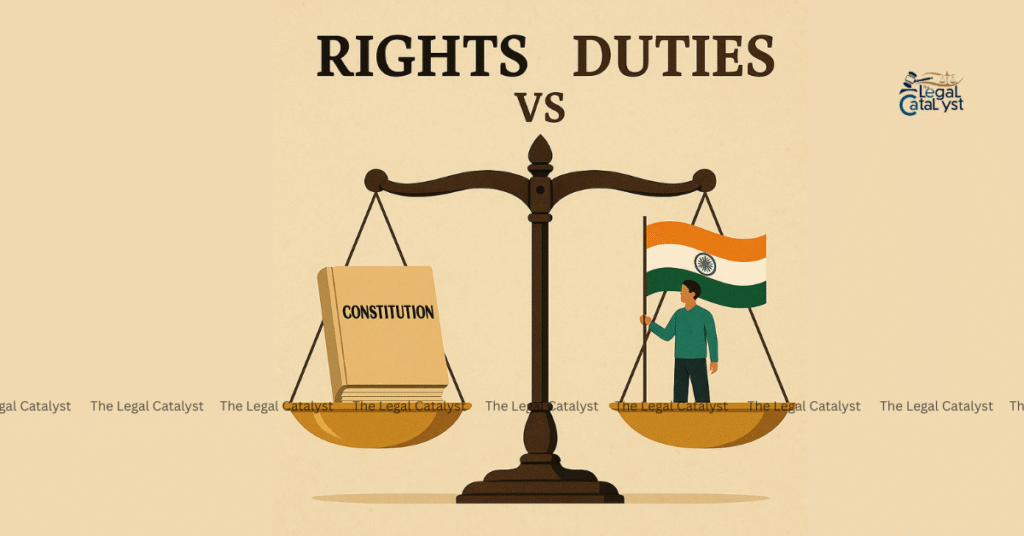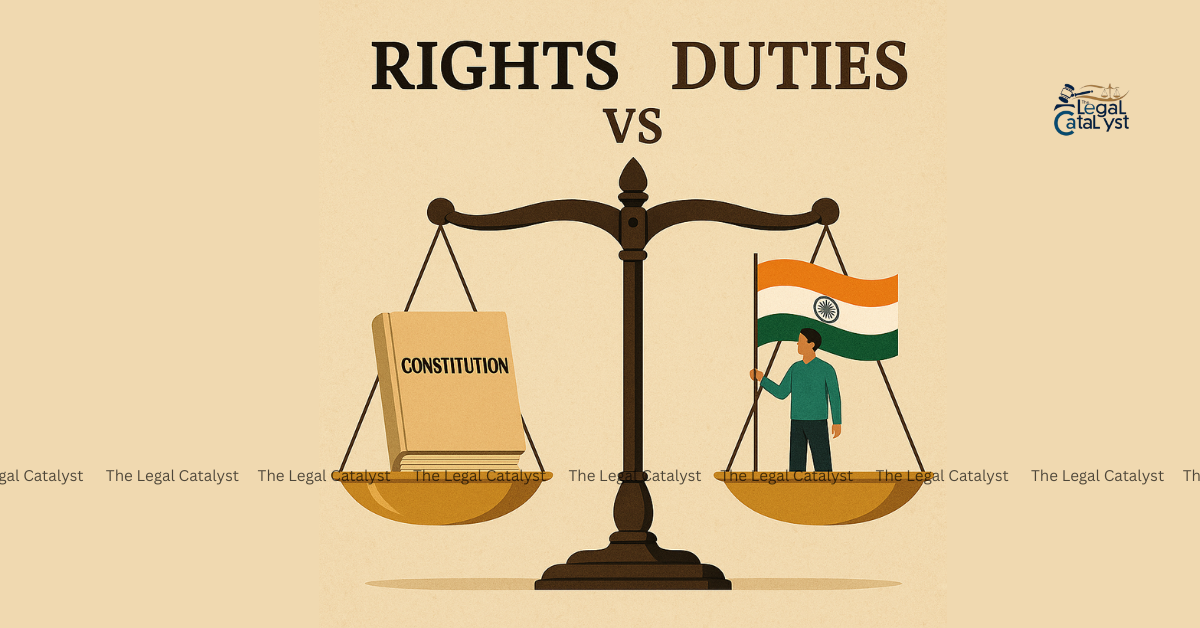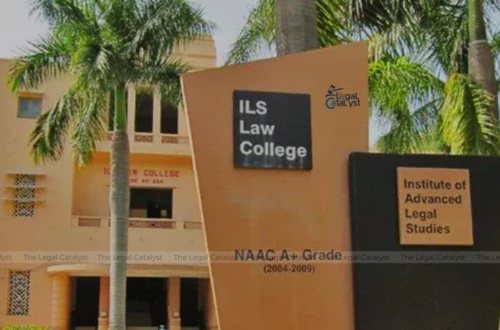
Introduction: Rights or Duties — What Should Come First?
The Constitution of India stands as one of the most detailed and progressive democratic frameworks in the world. At its core are two essential components: Fundamental Rights and Fundamental Duties. While most citizens are well aware of their rights—and often assert them confidently—awareness and observance of constitutional duties remain limited.
This article explores the critical distinctions between Fundamental Rights and Fundamental Duties, their significance, and why a democratic society can only function efficiently when both are upheld in tandem.
What Are Fundamental Rights?
Fundamental Rights are the essential freedoms and protections granted to every Indian citizen under Part III (Articles 12 to 35) of the Constitution. These rights are enforceable by law, meaning individuals can directly approach the High Court or Supreme Court if their rights are violated.
Key Fundamental Rights Include:
- Right to Equality (Articles 14–18)
- Right to Freedom (Articles 19–22)
- Right against Exploitation (Articles 23–24)
- Right to Freedom of Religion (Articles 25–28)
- Cultural and Educational Rights (Articles 29–30)
- Right to Constitutional Remedies (Article 32, famously called the “soul of the Constitution”)
It is important to note that these rights are not absolute. They may be reasonably restricted under specific conditions, such as for the protection of public order, national security, or morality.
What Are Fundamental Duties?
Fundamental Duties, enshrined in Part IVA (Article 51A), were added to the Constitution through the 42nd Amendment Act of 1976, based on recommendations from the Swaran Singh Committee. These duties are not legally enforceable, which means that while citizens are expected to follow them, failure to do so generally carries no legal penalty.
However, they serve a critical role in promoting responsible citizenship, patriotism, and national integrity.
List of Fundamental Duties:
Every Indian citizen is expected to:
- Abide by the Constitution and respect its ideals and institutions
- Show respect for the national flag and national anthem
- Uphold the sovereignty, unity, and integrity of India
- Defend the country and perform national service when required
- Promote harmony and the spirit of common brotherhood
- Preserve the rich heritage of the nation’s composite culture
- Protect and improve the natural environment
- Develop scientific temper, humanism, and the spirit of inquiry
- Safeguard public property
- Strive for excellence in all spheres
- Provide education opportunities to children (added by the 86th Amendment)
Fundamental Rights vs. Fundamental Duties: Key Differences
| Aspect | Fundamental Rights | Fundamental Duties |
|---|---|---|
| Constitutional Basis | Part III (Articles 12–35) | Part IVA (Article 51A) |
| Nature | Legal and Justiciable | Moral and Non-Justiciable |
| Enforceability | Enforceable by courts | Not directly enforceable |
| Origin | Included since the Constitution’s inception | Added through the 42nd Amendment (1976) |
| Purpose | To protect individual liberties | To encourage responsible citizenship |
| Examples | Right to Life, Right to Freedom | Respect for the Constitution, environmental care |
Why Are Both Equally Important?
Imagine a road system where everyone is allowed to drive freely but no one follows traffic rules. The result would be chaos. The same applies to a democracy where citizens claim rights but ignore their responsibilities.
Fundamental Rights empower individuals. Fundamental Duties ensure that this empowerment contributes positively to society.
- Rights without duties often lead to selfish entitlement.
- Duties without rights can result in authoritarianism.
- A balance between the two fosters responsible citizenship and a stronger nation.
Real-Life Scenarios Highlighting the Rights-Duties Conflict
- Right to Protest vs. Duty to Maintain Public Order
While every citizen has the right to protest peacefully, blocking roads or damaging public infrastructure disrupts public order and violates civic duties. - Freedom of Expression vs. Duty to Respect Others
The right to free speech allows for opinion sharing, but spreading misinformation or hate speech goes against the duty to uphold social harmony. - Right to Education vs. Duty to Educate Children
The State guarantees free education under Article 21A, but it is the moral duty of parents and guardians to ensure their children attend school.
Should Fundamental Duties Be Made Legally Enforceable?
There is an ongoing debate in legal and academic circles about whether some or all Fundamental Duties should be made enforceable by law. Advocates argue that this could instill greater accountability among citizens and reduce the misuse of rights. However, critics warn that it may open the door to excessive governmental control and suppress dissent.
This is a complex issue that raises questions about the very nature of democratic freedom and state power.
What are your thoughts? Should Fundamental Duties carry legal weight? Share your views in the comments section below.
Conclusion: Rights Must Be Matched With Responsibility
India’s democracy rests on two equally important pillars—liberty and accountability. While rights ensure individual freedom and dignity, duties help sustain a just, orderly, and progressive society.
As citizens, it is essential not just to know our rights but to consciously fulfill our responsibilities. A successful democracy is not built merely by demanding from the State but also by contributing meaningfully to its growth and stability.
Let us strive to be informed, empowered, and responsible citizens—upholding both our rights and our duties with equal respect.






